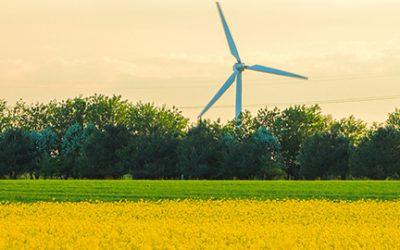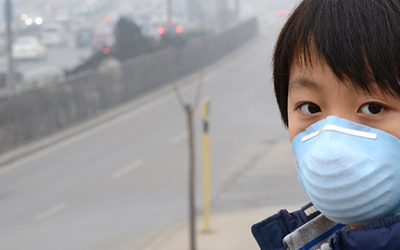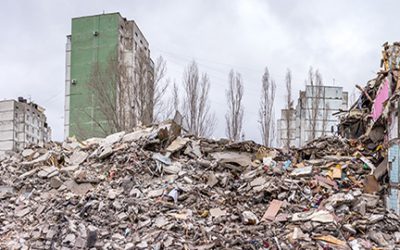
Science into policy
The climate implications of today’s energy policies
What do today’s energy policies add up to and how do they differ by region? Although climate change is a global problem, the policies to address it will be enacted at the national and local level. We need to understand the emissions implications of today’s energy...
Consumers, development, and the future of wellbeing
As society recognizes and endeavors to combat threats to the environment, it is becoming increasingly clear that heterogeneity in human consumption behavior should receive greater attention to understand the impacts created by human development. The cross-cutting...
Economic development and the food-water-energy-environment nexus in Ukraine
A new collaborative research program between IIASA researchers and the National Academy of Sciences of Ukraine (NASU) has been set up to provide input to robust solutions and informed policies to ensure sustainable economic development pathways in Ukraine. A...
Trade-offs between cutting air pollution and worsening climate damage
According to new research conducted by researchers from the IIASA Air Quality and Greenhouse Gases Program in collaboration with scientists in China and the USA, synthetic natural gas represents a trade-off between reducing air pollution and...
Informing policy decisions when disaster strikes
Natural disasters in low-income regions have far-reaching impacts on all levels of society. A simulation framework developed by IIASA researchers can help policymakers to come up with informed short-term policies in an environment where they have...
The state of world population aging
The rapid increase in both the number and proportion of older persons in the five BRICS countries (Brazil, Russia, India, China, and South Africa) will have multifaceted implications for social and economic development. The first BRICS Meeting on Aging organized by...






